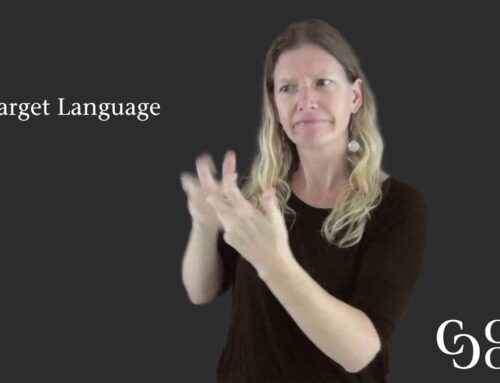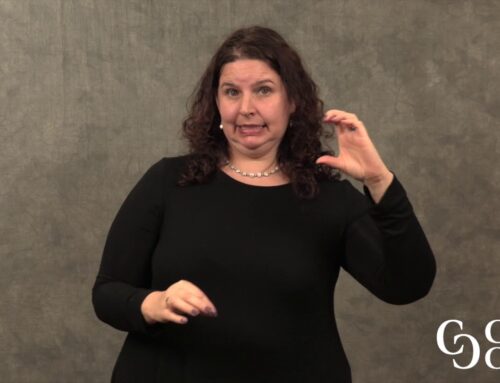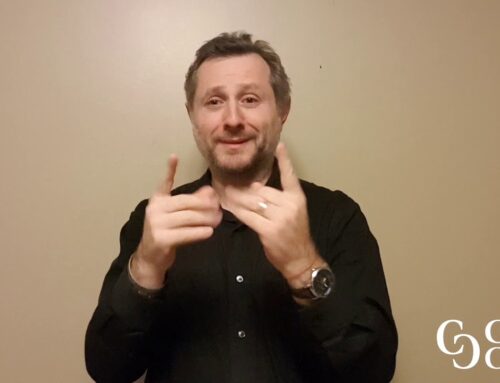Focused Goals for Purposeful Practice
Ericsson (2016) is the preeminent researcher in the science of expertise and coined the phrase “deliberate practice” as a method for becoming an expert. Ericsson cautions that just putting in effort does not lead to improvement in a skill. This is what he terms “naive practice.” Instead, for the time you spend to be worthwhile, it needs to be “purposeful” which includes the following elements:
- A suitable level of challenge
- Focused effort
- Achievable goals
- Motivation
In creating focused goals, this next step draws on what you learned in the assessment phase and helps you create a more concrete plan of action.
Ericsson, K. A. & Pool, R. (2016). Peak: Secrets of the new science of expertise. New York: Eamon Dolan/Houghton Mifflin Harcourt.






